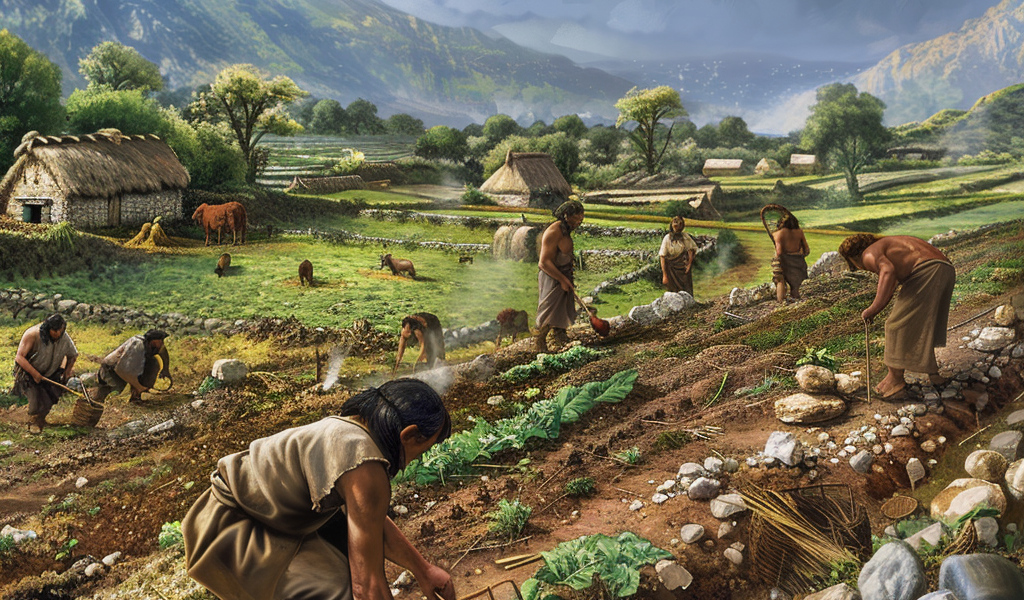The transition from foraging to farming brought about significant changes that paved the way for the emergence of diseases, according to insights from anthropology. Future pandemics are likely to stem from similar human causes as ancient outbreaks, highlighting the importance of learning from history to prevent them.
Since the year 2000, the world has witnessed the rise of various infectious diseases, including 15 novel Ebola epidemics, the global spread of a 1918-like influenza strain, and major outbreaks of deadly coronavirus infections such as SARS, MERS, and COVID-19. Researchers continue to identify new pathogens annually, underscoring the ongoing threat posed by viruses, bacteria, and microparasites.
While advancements in detection technology have played a role in uncovering these pathogens, genetic studies indicate that many of them are genuinely novel to humans. Furthermore, the frequency of disease emergence is on the rise, signaling a concerning trend in global health.
Despite the unique nature of these modern infections, their underlying causes are deeply rooted in human behavior and societal practices. Anthropological research suggests that our methods of food production, social interactions, and healthcare practices significantly influence disease dynamics. In an upcoming book titled ‘Emerging Infections: Three Epidemiological Transitions from Prehistory to the Present,’ experts delve into how historical factors continue to shape contemporary health challenges.
The Neolithic revolution, marking the shift from foraging to farming around 12,000 years ago, triggered the first wave of newly emerging infections. This transition altered human lifestyles and interactions with the environment, setting the stage for the spread of diseases. The lessons learned from this pivotal period in history can offer valuable insights into addressing current and future health threats.





